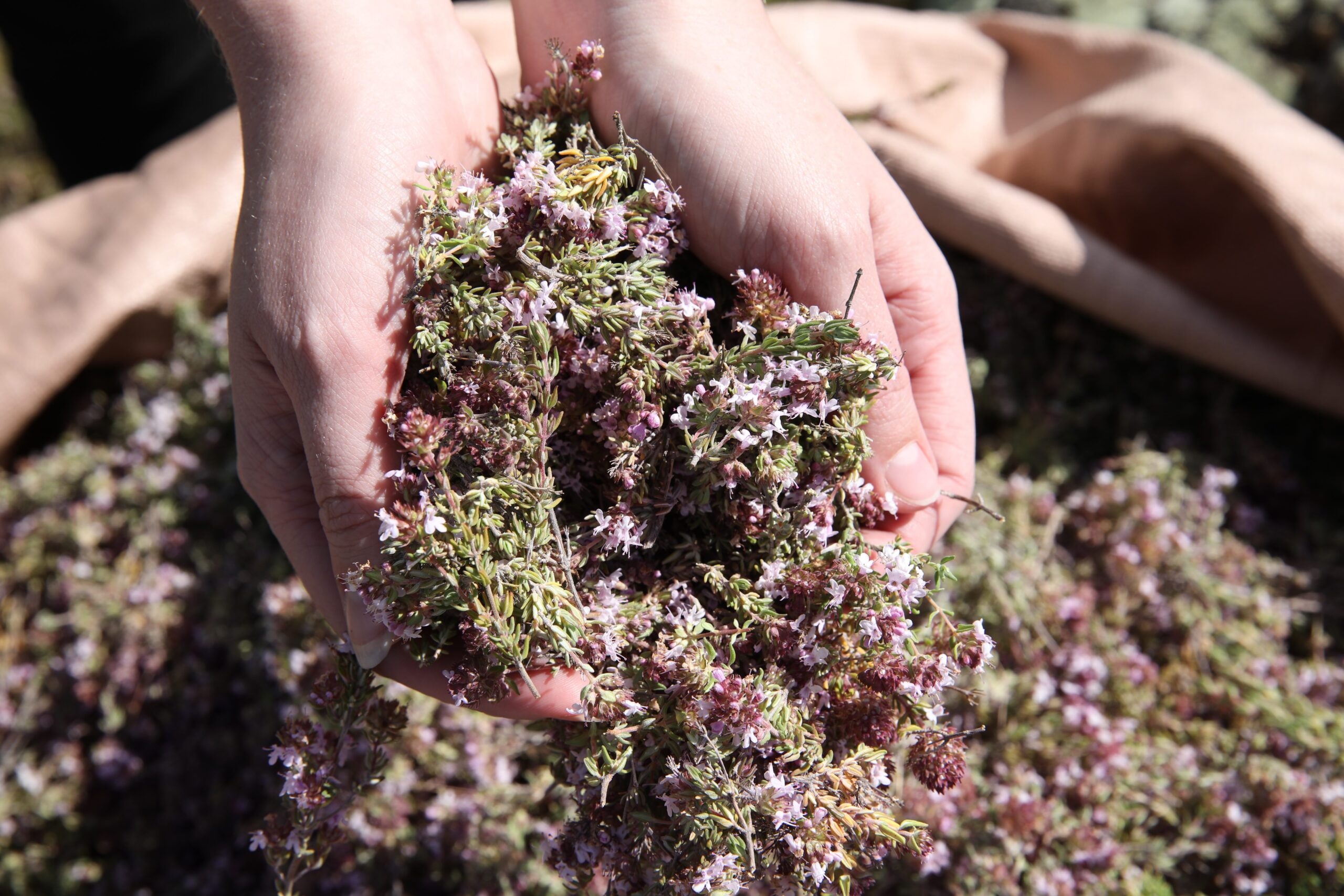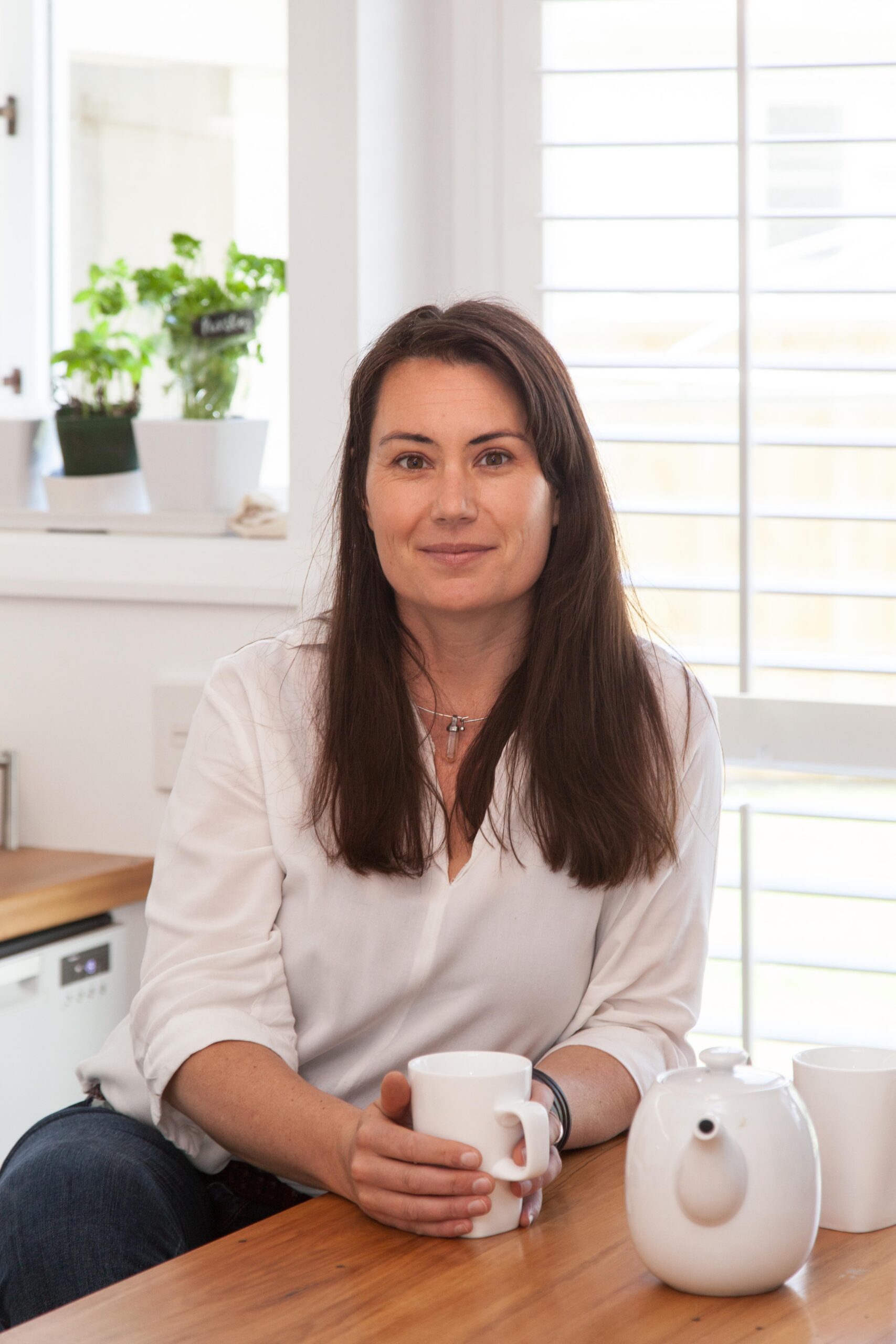New research suggests that Central Otago thyme contains active compounds beyond the essential oil thymol that can fight bacteria associated with common respiratory infections.
“To date, the results from the laboratory testing demonstrated that extracts of Central Otago thyme are more efficient at fighting bacteria than would be expected from the concentration of thymol found in the extract,” says Professor Nigel Perry, research team leader at Plant & Food Research, which is conducting the study at the University of Otago.
Researchers from the Department of Microbiology and Immunology at University of Otago have demonstrated in the lab that the Central Otago Thyme tincture and essential oil have antibacterial activity against five key bacteria which can cause respiratory illness. Thymol is well known as the main antibacterial component, but the Central Otago thyme extract has been shown to have a better ability to inhibit and kill bacteria than would be expected based on thymol concentration alone.
The research has been commissioned by Dunedin herbal medicine brand Artemis to scientifically investigate the potential health benefits of wild-grown Central Otago thyme and to validate Artemis’ proprietary harvest and extraction processes.
An Artemis expert in medical herbalist has longed believed that Central Otago thyme is more powerful than the European variety, based on two decades of observations and experience with both plants.
“When I started worked with Central Otago thyme it was apparent that this is an extremely powerful plant,” says the expert. “It’s wonderful to finally have scientific validation to support that knowledge.”
The research project is continuing with further tests designed to measure effectiveness against antibiotic resistant bacteria such as MRSA, and against Heliocobacter pylori a bacteria which can inhabit the gut and cause ulcers.
The research has received R&D funding from Callaghan Innovation, and is two years into a three-year research programme.








